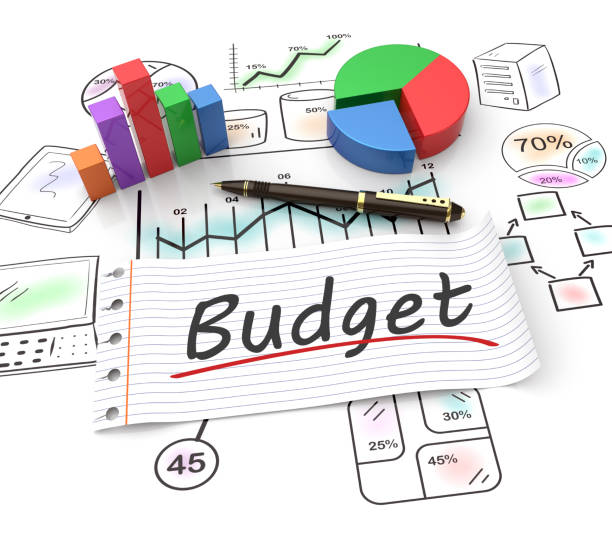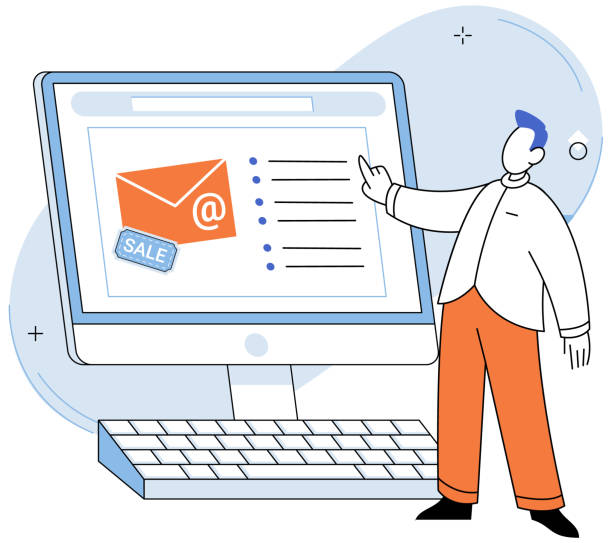Introduction: Budget-Friendly Marketing Campaigns
Marketing campaigns are crucial for any business, but executing them on a tight budget can seem daunting. However, a successful campaign doesn’t necessarily require a large budget. With strategic planning and creativity, significant results can be achieved even with limited resources. This article will guide you through creating an effective marketing campaign without breaking the bank.
1. Understand the Purpose of Your Campaign

First and foremost, it is essential to understand the purpose of your marketing campaign. You need to determine what you aim to achieve. Do you want to increase brand awareness, boost sales, or reach a specific audience? Setting clear goals allows you to better utilize your resources.
2. Define Your Target Audience
You need to define your target audience. This will help you direct your marketing efforts appropriately. Understanding the demographics, interests, and behavior of your audience is crucial. You can gain these insights through surveys, social media analytics, and market research tools.
3. Plan Your Budget

Budget planning is a critical step. Allocate your total marketing budget wisely. Decide how much money you will spend on digital marketing, traditional marketing, and content creation. Budgeting helps you track spending and ensures you stay within your budget.
4. Use Free and Low-Cost Tools
Many free and low-cost tools are available in the market that can enhance your marketing efforts. Tools like social media management platforms, email marketing services, and graphic design tools such as Canva can make your campaigns professional and effective without significant expense.
5. Leverage Content Creation

Quality content creation is key. Good content helps connect with your audience. Make your content interesting and engaging, and ensure it is relevant to your target audience. Blog posts, infographics, and videos are effective forms of content that you can create within your budget.
6. Focus on Social Media Marketing
Marketing on social media platforms can be budget-friendly. You can promote your brand using free platforms like Facebook, Instagram, and Twitter. Regularly engage with your audience and consider their feedback to optimize your strategy.
7. Utilize Email Marketing

Email marketing is a cost-effective strategy that helps establish direct communication with your audience. You can send personalized emails that offer value to your audience. Segment your email list and run targeted campaigns to make your emails more impactful.
8. Explore Influencer Marketing
Influencer marketing is popular and can be implemented on a budget. Micro-influencers, who target niche audiences, can offer affordable services. Collaborating with these influencers can help promote your brand and reach your audience more easily.
9. Form Partnerships and Collaborations
Partnering with other brands or businesses can also be a good idea. Joint campaigns with complementary businesses can benefit both brands. This strategy provides wider audience reach and cost-sharing benefits.
10. Use SEO and Content Marketing
Search Engine Optimization (SEO) and content marketing are budget-friendly and effective strategies. SEO helps your website rank higher in search engine results, and content marketing provides valuable information to your audience. It is important to optimize your content and use relevant keywords.
11. Benefit from Customer Reviews and Testimonials
Customer reviews and testimonials build your credibility and influence potential customers. Showcase them on your website and social media platforms. Positive reviews enhance your brand’s reputation and build trust.
12. Utilize Data Analytics
Data analytics allows you to measure and optimize your marketing strategies. Track how effective your campaigns are and identify necessary changes. Tools like Google Analytics and social media insights help monitor your performance.
13. Plan Promotional Offers and Discounts
Promotional offers and discounts are effective in attracting customers. You can run limited-time offers, seasonal discounts, and bundle deals. These tactics can boost your sales and increase customer interest.
14. Engage with the Community and CSR Activities
Community engagement and Corporate Social Responsibility (CSR) activities can be part of your marketing strategy. Sponsor local events or support social causes. These activities enhance your brand image and build connections with the local community.
15. Evaluate Campaign Results
At the end of your campaign, it is important to evaluate the results. Analyze whether you achieved your goals and identify areas for improvement. Implement your learnings in future campaigns to continuously enhance your marketing strategies.
Conclusion: Achieving Marketing Success on a Budget
Creating a successful marketing campaign on a budget can be challenging, but with the right strategies and planning, you can achieve great results. Keep your goals clear, utilize resources effectively, and continuously monitor and optimize your efforts. By following these tips, you can run a successful and impactful marketing campaign within your budget.
